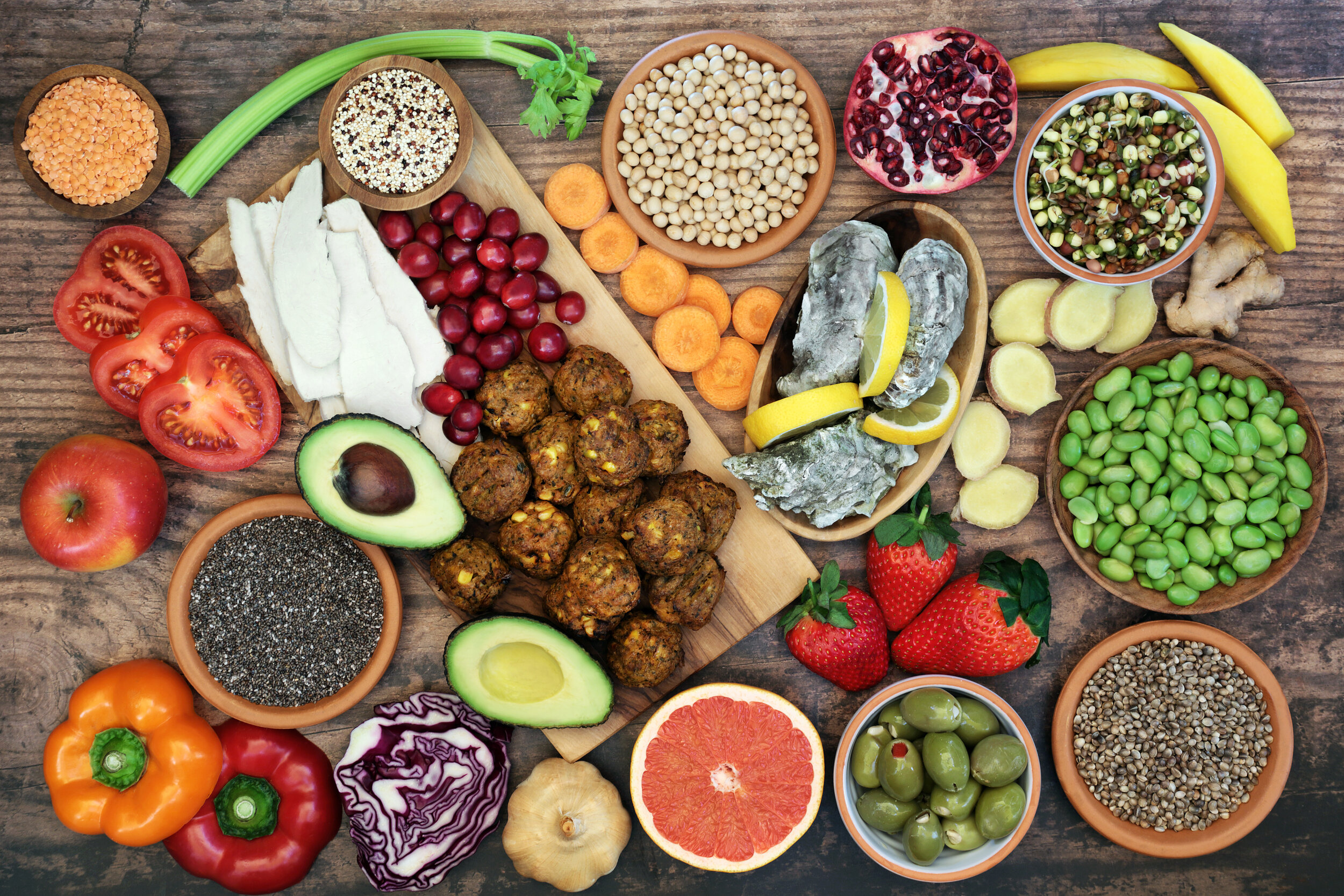
National School Lunch Program (NSLP)
Families must apply online for free or reduced school meals at www.schoolcafe.com.
Send inquiries to:
Kyle Pintof
pintofk@garnetvalley.org
(610)579-7379
CES
Donna Fedullo
Food Service Manager
610-579-6109
BSES
Brenda Nelms
Food Service Manager
610-579-3035
GVES
Amy Palmowski
Food Service Manager
610-579-4136
GVMS
Jen Stafford
Food Service Manager
610-579-5146
GVHS
Donna Venuto
Food Services Manager
610-579-7458
NSLP Overview
Numerous scientific studies have suggested a strong link between child nutrition and learning in school. This supports the importance of the availability of school meals programs in improving the educational performance of our children.
How does it work?
The NSLP is a federal and state reimbursement program for each meal served that meets federal requirements. All NSLP sponsors are required to offer free and reduced-price lunches to eligible children. Reimbursement rates are established annually by the United States Department of Agriculture (USDA). Sponsors are entitled to receive USDA commodities for each lunch they serve. The variety of commodities sponsors may receive depends on product availability and market prices.
Who may participate?
Any public school, intermediate unit, charter school, area vocational technical or career technology school, public residential child care institution, and tax exempt non-public school or residential child care institution may apply to be an NSLP sponsor.
How do children qualify for free or reduced-price lunches ?
Children from families with incomes at or below 130% of the poverty level, and children in families receiving Temporary Assistance for Needy Families (TANF) and children in families receiving food stamp benefits are eligible for free lunches. Children in families whose income is between 130% and 185% of the poverty level are eligible for reduced price lunches.
What are the meal requirements?
To qualify for reimbursement, NSLP sponsors must meet certain requirements depending upon the menu option they have selected for their school. In the Traditional and Food Based Menu Options, they have specific minimum requirements in four food components that consist of five food items. The components are Breads/Grains, Fruit/Vegetable, Meat/Meat Alternate and Fluid Milk. The serving sizes/amounts vary depending on the age of the students. The NuMenu and Assisted NuMenu Options are based on three menu items: an entrée, side dish and milk. In all menu options, the serving sizes/amounts vary depending on the age of the students.
Healthy Hunger-Free Kids - Free Meals for Students over Summer
Families can utilize the following resources to locate sites that serve free meals to children:
Call 211
Call 1-866-3Hungry or 1-877.8Hambre
Text "MEALPA" to 877877 during the summer months
Visit website: Summer Food Rocks
Use the site locator for smartphones - Rangeapp.org
Click HERE to access the Free & Reduced Meal Program forms
HISTORY OF THE NSLP
~ 1932 ~
Some school lunch programs received federal loans and agricultural surpluses. Legislation in 1935 authorized the USDA to purchase surplus farm commodities and distribute them to the school lunch program. By 1939, 900,000 children in 14,000 schools participated in the program. During the late 1930's the Works Progress Administration (WPA) provided labor for cooking and serving lunches.
~ 1946 ~
The National School Lunch Act (NSLA) permanently authorized the lunch program. It established a basic meal pattern requirement and required schools to serve lunches free or at a reduced price to children in need.
~ 1949 ~
Commodity assistance for the NSLP was authorized to supplement price support and surplus removal programs.
~ 1954 ~
P.L. 83-69 established the Special Milk Program (SMP) when funds from the Commodity Credit Corporation (CCC) were authorized to be used to increase fluid milk consumption among children in non-profit schools.
~ 1956 ~
Authorization for CCC funds was increased to $75 million per year (P.L. 84-465). Eligibility expanded to include children in non-profit child care centers, settlement houses, summer camps and similar institutions.
~ 1962 ~
Funds for free and reduced-price lunches were first authorized for schools.
~ 1960 ~
P.L. 86-446 authorized funds to reimburse CCC for the SMP and raised the annual funding level to $95 million.
In accordance with federal civil rights law and U.S. Department of Agriculture (USDA) civil rights regulations and policies, this institution is prohibited from discriminating on the basis of race, color, national origin, sex (including gender identity and sexual orientation), disability, age, or reprisal or retaliation for prior civil rights activity. Program information may be made available in languages other than English. Persons with disabilities who require alternative means of communication to obtain program information (e.g., Braille, large print, audiotape, American Sign Language), should contact the responsible state or local agency that administers the program or USDA’s TARGET Center at (202) 720-2600 (voice and TTY) or contact USDA through the Federal Relay Service at (800) 877-8339. To file a program discrimination complaint, a Complainant should complete a Form AD-3027, USDA Program Discrimination Complaint Form which can be obtained online at: https://www.usda.gov/sites/default/files/documents/ad-3027.pdf, from any USDA office, by calling (866) 632-9992, or by writing a letter addressed to USDA. The letter must contain the complainant’s name, address, telephone number, and a written description of the alleged discriminatory action in sufficient detail to inform the Assistant Secretary for Civil Rights (ASCR) about the nature and date of an alleged civil rights violation. The completed AD-3027 form or letter must be submitted to USDA by: mail: U.S. Department of Agriculture, Office of the Assistant Secretary for Civil Rights, 1400 Independence Avenue, SW, Washington, D.C. 20250-9410; or fax: (833) 256-1665 or (202) 690-7442; or email: Program.Intake@usda.gov
This institution is an equal opportunity provider.
Steve Wanczyk
Director of Food Service
610-579-7755
wanczys@garnetvalley.org





